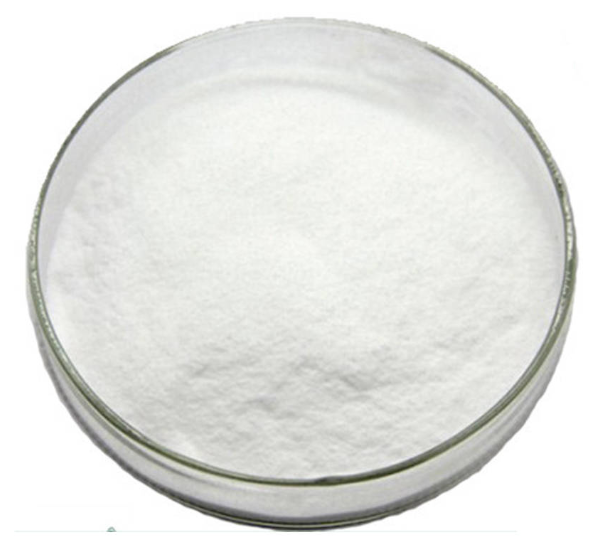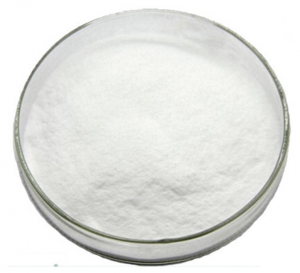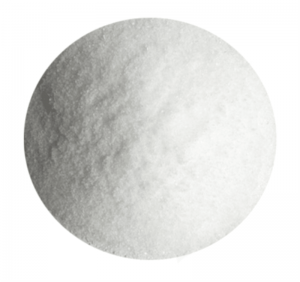| Basic Information | |
| Product name | Ibuprofen |
| CAS No. | 15687-27-1 |
| Color | White to off-white |
| Form | Crystalline Powder |
| Solubility | Practically insoluble in water, freely soluble in acetone, in methanol and in methylene chloride. It dissolves in dilute solutions of alkali hydroxides and carbonates. |
| Water Solubility | insoluble |
| Stability | Stable. Combustible. Incompatible with strong oxidizing agents |
| Shelf Life | 2 Years |
| Package | 25kg/Drum |
Description
Ibuprofen is a nonsteroidal anti-inflammatory drug (NSAID) with the chemical formula C13H18O2. Ibuprofen is mainly used to relieve mild to moderate pain, including headaches, toothache, muscle pain, and joint pain. In addition, it is also commonly used to relieve fever and reduce inflammation. The common dosage forms of ibuprofen include tablets, capsules, granules, injections, etc.
Ibuprofen has been a commonly used over-the-counter and prescription drug since its launch, widely used in clinical practice. Ibuprofen is listed on the World Health Organization's Essential Medicines List and many countries' Essential Medicines List. It is a commonly used painkiller and antipyretic, and also used for anti-inflammatory purposes.
Indications
A common goal in the development of pain and inflammation medicines has been the creation of compounds that have the ability to treat inflammation, fever, and pain without disrupting other physiological functions. General pain relievers, such as aspirin and ibuprofen, inhibit both COX-1 and COX-2. A medication's specificaction toward COX-1 versus COX-2 determines the potential for adverse side effects. Medications with greater specificity toward COX-1 will have greater potential for producing adverse side effects. By deactivating COX-1, nonselective pain relievers increase the chance of undesirable side effects, especially digestive problems such as stomach ulcers and gastrointestinal bleeding. COX-2 inhibitors, such as Vioxx and Celebrex, selectively deactivate COX-2 and do not aff ect COX-1 at prescribed dosages. COX-2 inhibitors are widely prescribed for arthritis and pain relief. In 2004, the Food and Drug Administration (FDA) announced that an increased risk of heart attack and stroke was associated with certain COX-2 inhibitors. This led to warning labels and voluntary removal of products from the market by drug producers; for example, Merck took Vioxx off the market in 2004. Although ibuprofen inhibits both COX-1 and COX-2, it has several times the specificity toward COX-2 compared to aspirin, producing fewer gastrointestinal side effects.









